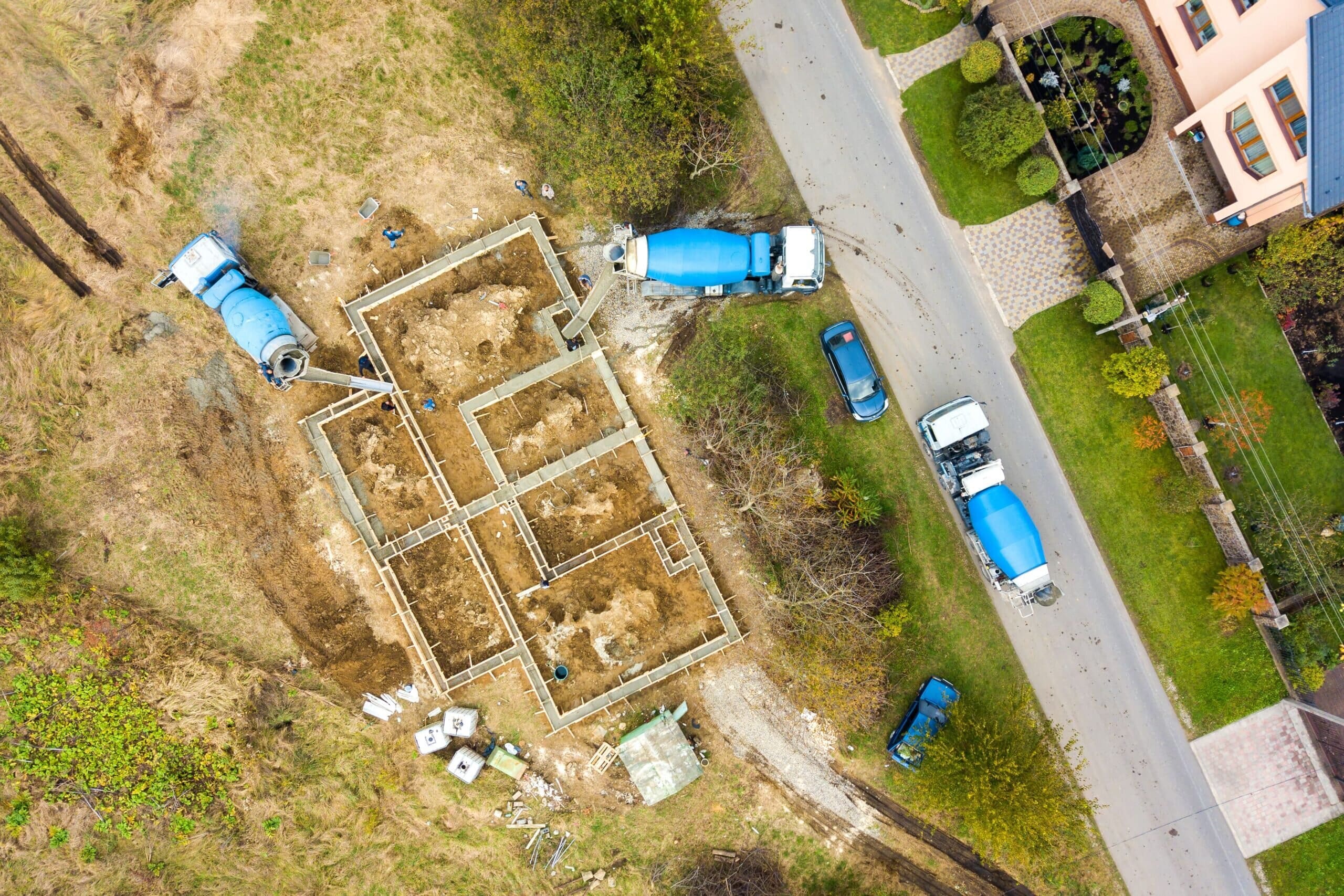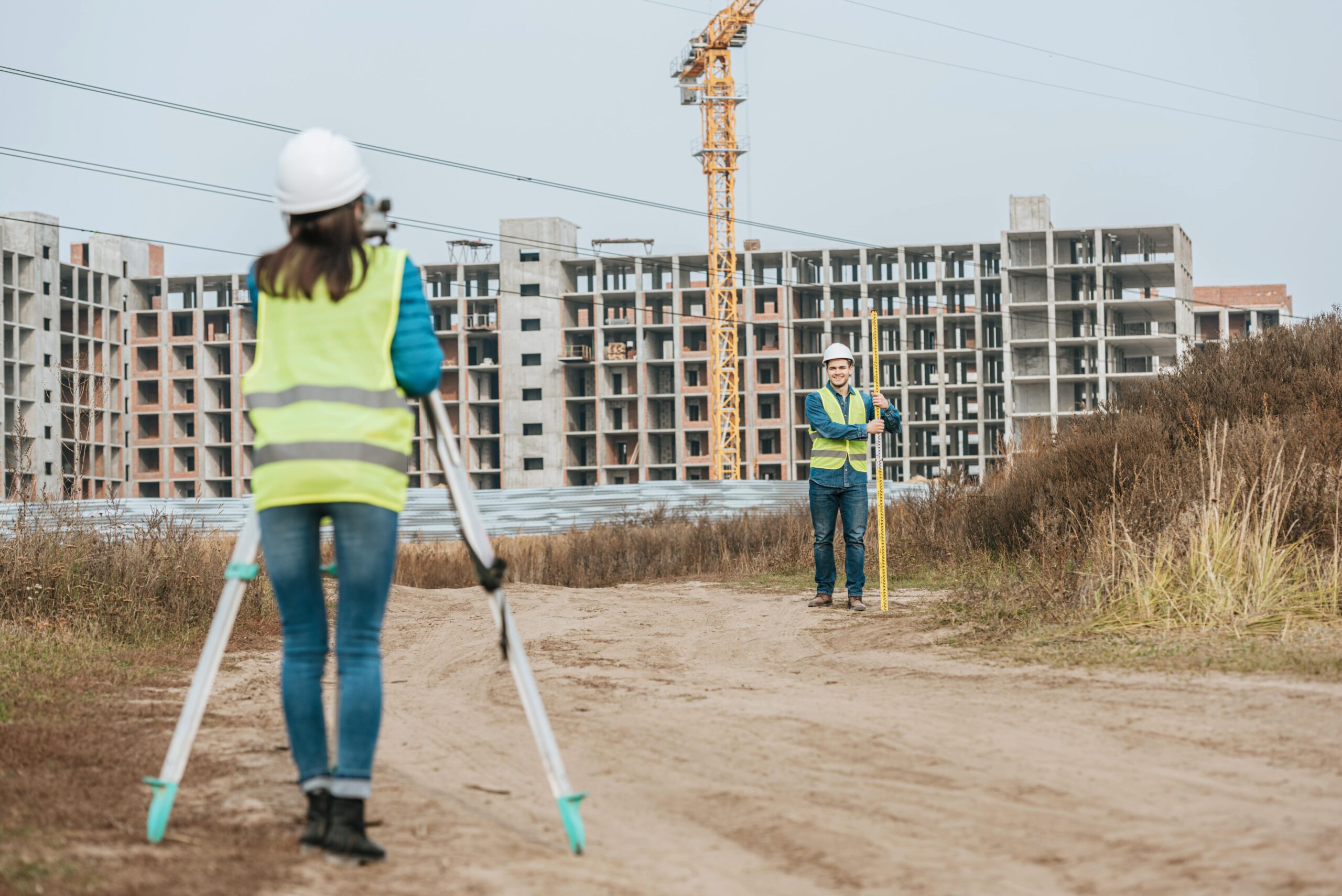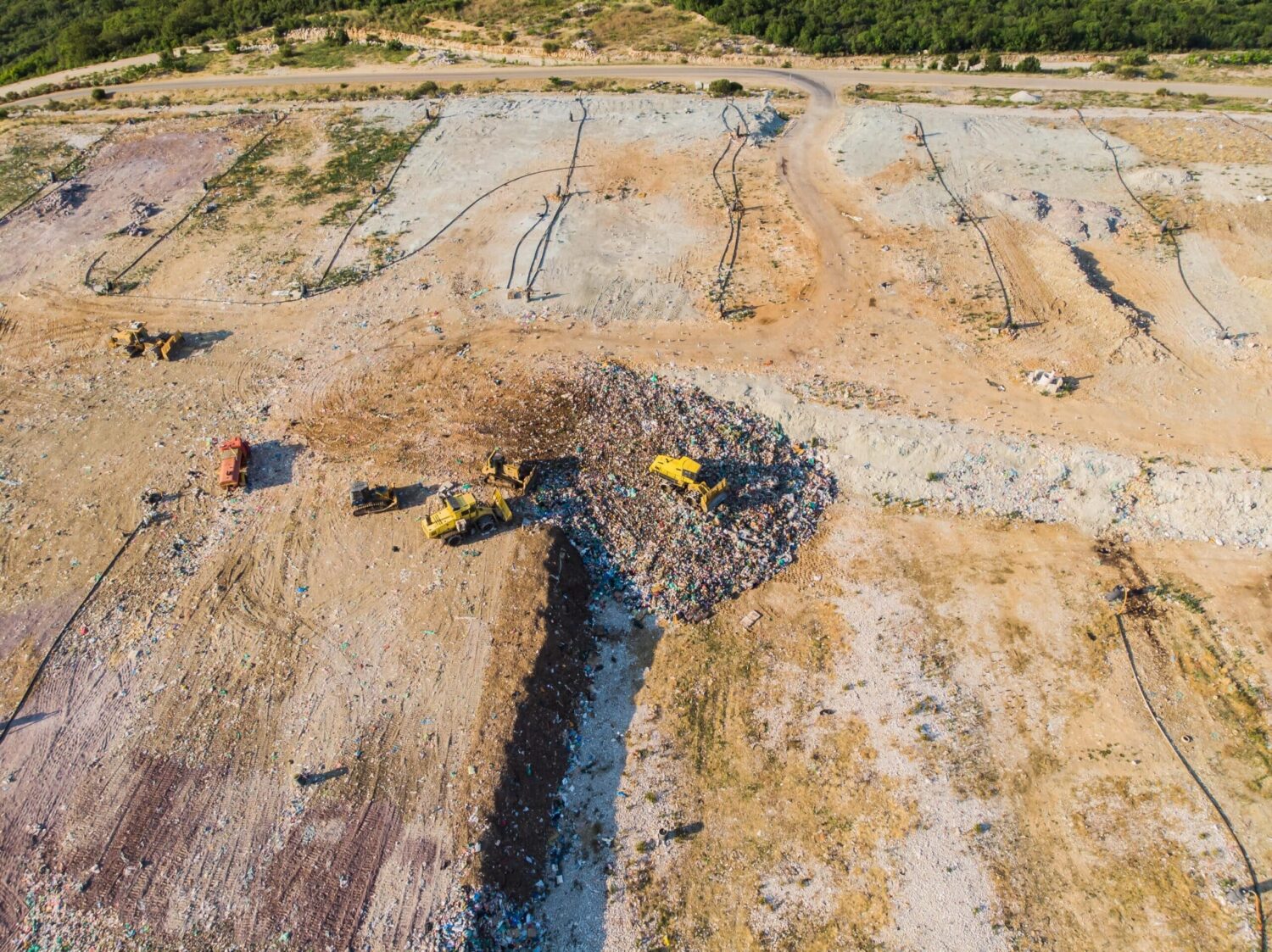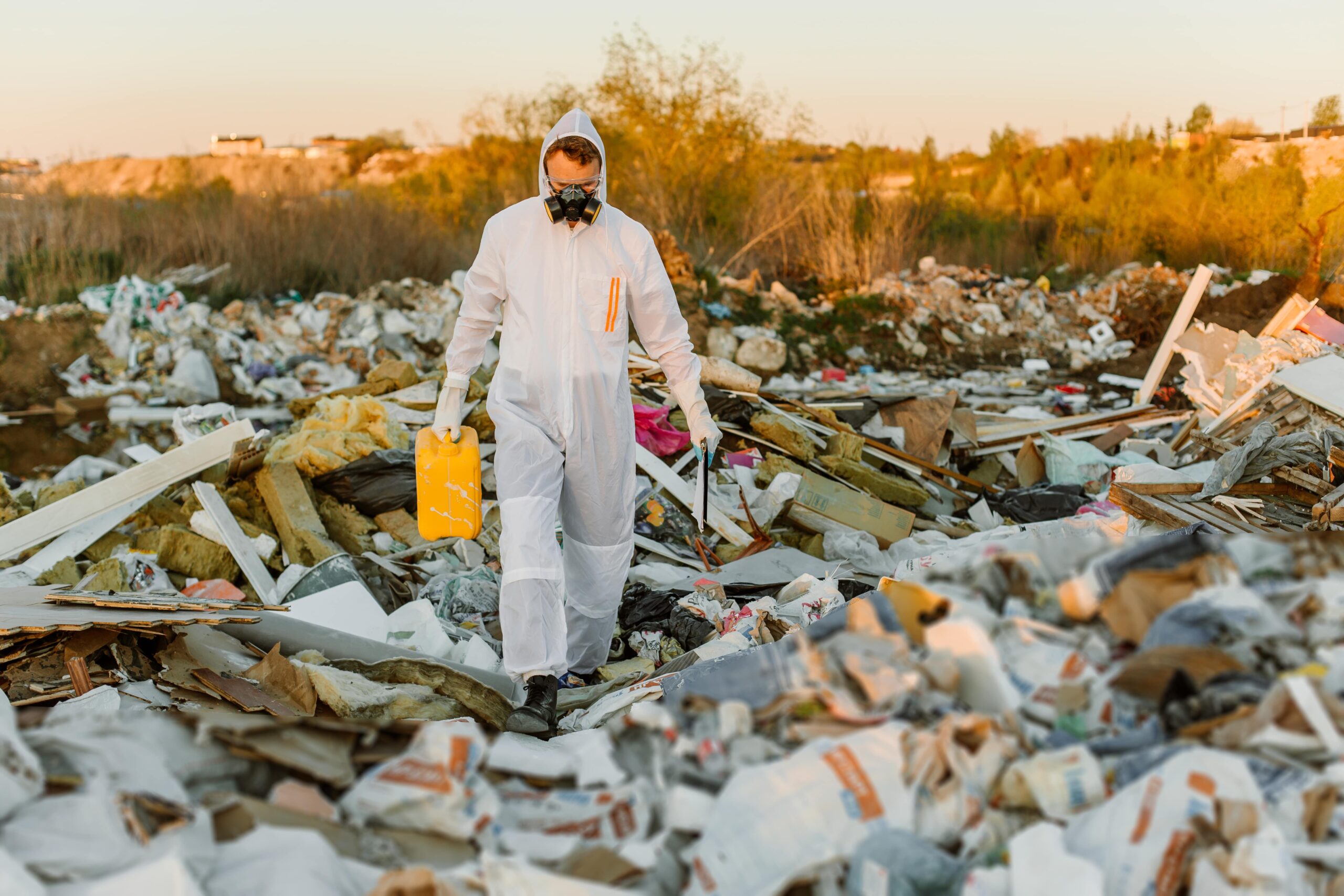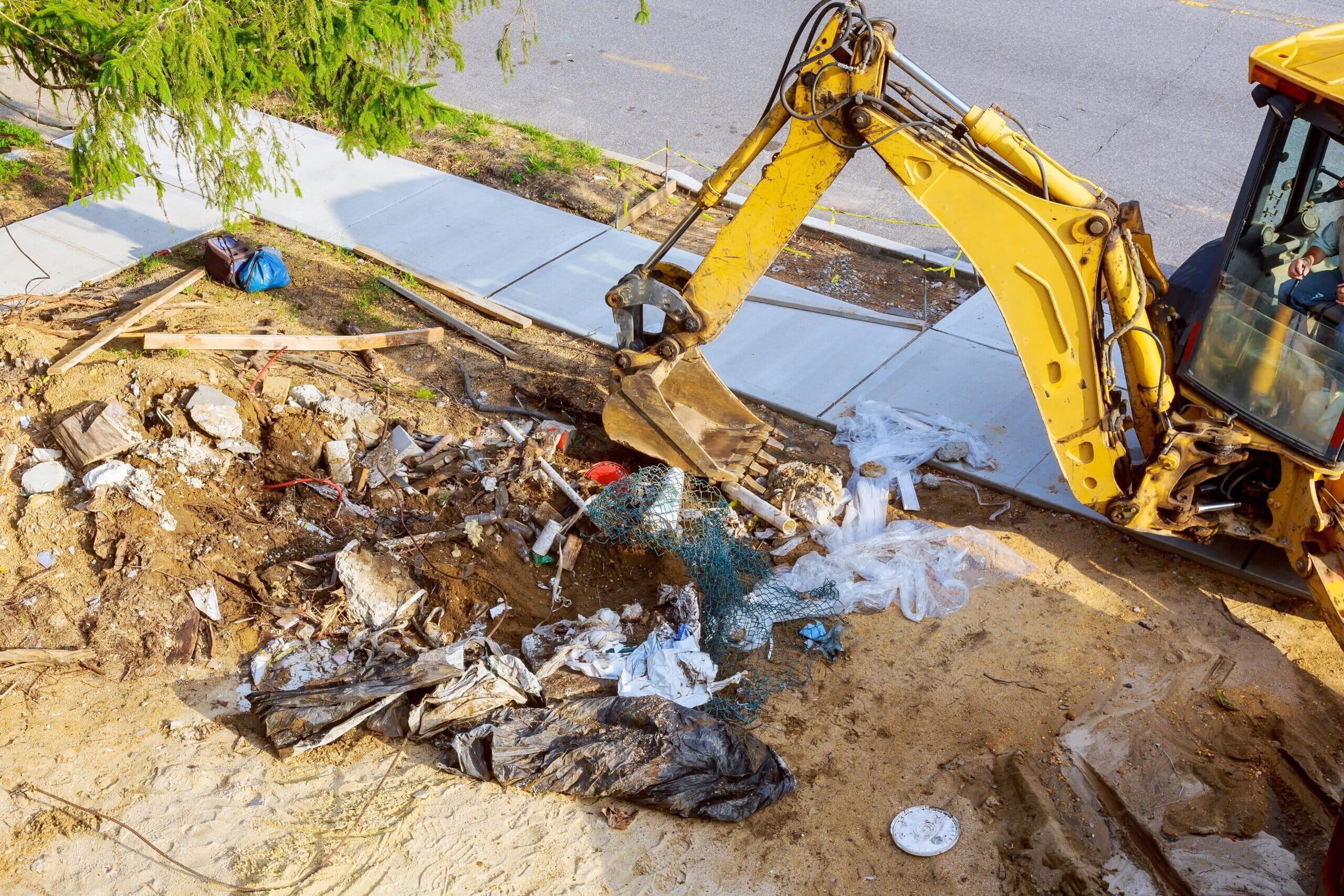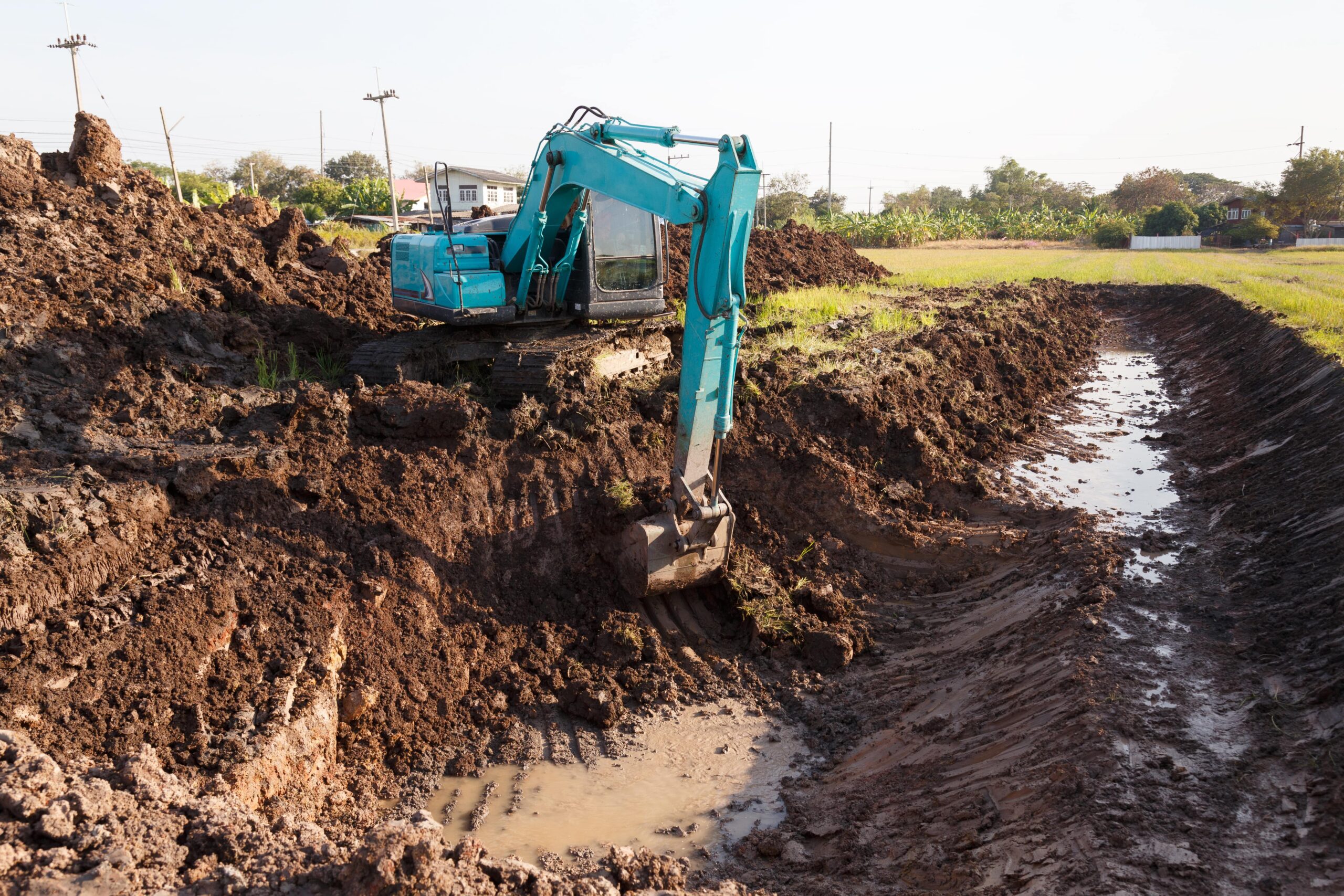Land remediation is an essential process in cleaning up and repurposing previously contaminated sites. It ensures land is safe for use and is fully compliant with environmental regulations. Land remediation costs can be considerable, as the process is thorough and painstaking by necessity. The cost ...
If you suspect the land that you own is contaminated, perhaps as a result of previous activity there, then it’s important that you investigate further. Understanding the nature, extent, and type of contamination is critical for understanding the potential risks that it poses, along with the plan r...
With the UK’s long history of industrial activity, contaminated land is a widespread issue. To manage the environmental and public health risks from land contamination, a comprehensive framework of contaminated land regulations has been established. These aim to ensure land is safe for use, with a...
Cleaning up contaminated land can create new opportunities for safe development and re-use. Land Remediation Relief is a valuable tax break that can substantially contribute to clean-up tasks. Contaminated land is tightly regulated by a body of law, with substantial tax reliefs available for cleanin...
A contaminated land indemnity policy is a form of insurance designed to protect developers, land and property owners, and lenders from potential financial losses associated with the discovery of land contamination. The policy will typically cover the costs of remediation, legal expenses, as well as ...
Living on a relatively small and crowded island, available land is always at a premium. This is particularly true in thriving towns and cities where finding land for development can be challenging. Over the years, land has been used for a wide range of purposes, particularly in urban areas. Some of ...
